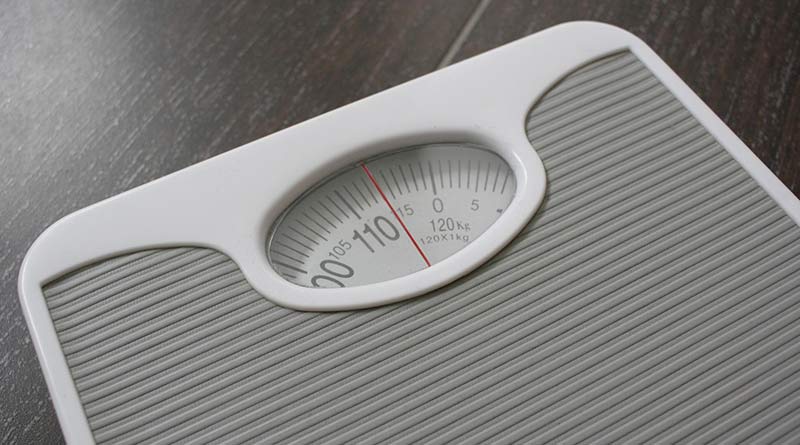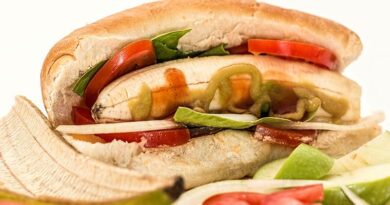Energy balance vs carbohydrate insulin model of obesity – Part 1
Introduction
A perspective paper has just been published with many familiar names on the author list: David Ludwig, Arne Astrup, Ronald Krauss, Gary Taubes, Jeff Volek and Eric Westman to name those you may well have heard of (Ref 3). Walter Willett is also one of the authors, which was interesting since most of the authors would be viewed as low-carb diet proponents and Willet would be seen as a supporter of low-fat diets. It could be said that low carb and low fat have aligned for this paper. Ludwig was the lead author of this, so I will refer to it as Ludwig et al, henceforth.
This perspective paper is another in the series of the ongoing debate about the cause of obesity. We have covered the debate previously (Ref 4). The debate boils down to those who believe that obesity is the result of an energy imbalance – too much energy in and/or too little energy expended – and those who believe what has become known as “the carbohydrate-insulin model of obesity.” The latter can be summarised as the view “that hormonal responses to highly processed carbohydrates shift energy partitioning toward deposition in adipose tissue, leaving fewer calories available for the body’s metabolic needs.” The energy balance model is abbreviated to EBM and the carbohydrate-insulin model is abbreviated to CIM.
The debate has been resurrected by a paper written by Kevin Hall et al in May 2022 (Ref 5). The Hall et al article in turn was a response to the Ludwig et al article of 2021 (Ref 6). The opening argument of the Hall et al paper was that the Ludwig et al perspective "conflated and confused the principle of energy balance, a law of physics that is agnostic as to obesity mechanisms, with the EBM as a theoretical model of obesity that is firmly based on biology." i.e., energy in/energy out is an immutable law and separately there is an energy balance model based on biology and Ludwig et al didn’t seem to ‘get this’.





